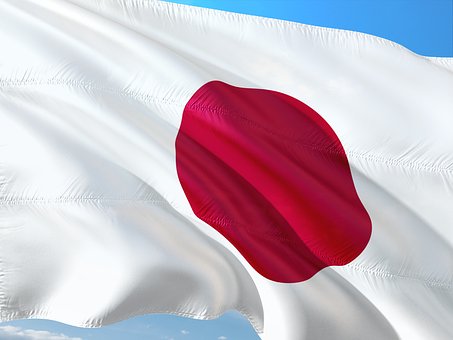The EU-Japan Economic Partnership Agreement, the largest in the world in terms of share of trade (around 37% and 44% of global trade in goods & services respectively), was notified to the WTO on 14 Jan and is expected to enter into force on 1 Feb 2019.
Key parts of the Economic Partnership Agreement
The agreement will, in particular:
- eliminate duties on many cheeses such as Gouda and Cheddar (which currently are taxed at nearly 30%) as well as on wine exports (currently at 15% on average);
- allow the EU to substantially increase its beef exports, and open additional opportunities for export of pork products;
- ensure the protection in Japan of more than 200 Geographical Indications (GIs), high-quality European traditional food specialities, and the protection of a selection of Japanese GIs in the EU;
- remove tariffs on industrial products in sectors where the EU is very competitive, such as cosmetics, chemicals, textiles and clothing;
- commit Japan to international car standards, with the result that EU exports of cars to Japan is made significantly easier;
- open services markets, in particular for financial services, e-commerce, telecommunications and transport;
- guarantee EU companies access to the large procurement markets of 54 large Japanese cities; remove obstacles to procurement in the economically important railway sector
The agreement includes a comprehensive chapter on trade and sustainable development; sets very high standards of labour, safety, environmental and consumer protection; strengthens EU and Japan’s commitments on sustainable development and climate change and fully safeguards public services. It also includes a chapter on small and medium enterprises (SMEs) which is particularly relevant since 78% of current exporters to Japan are smaller businesses.
Source/ Picture source: http://trade.ec.europa.eu/doclib/press/index.cfm?id=1954





